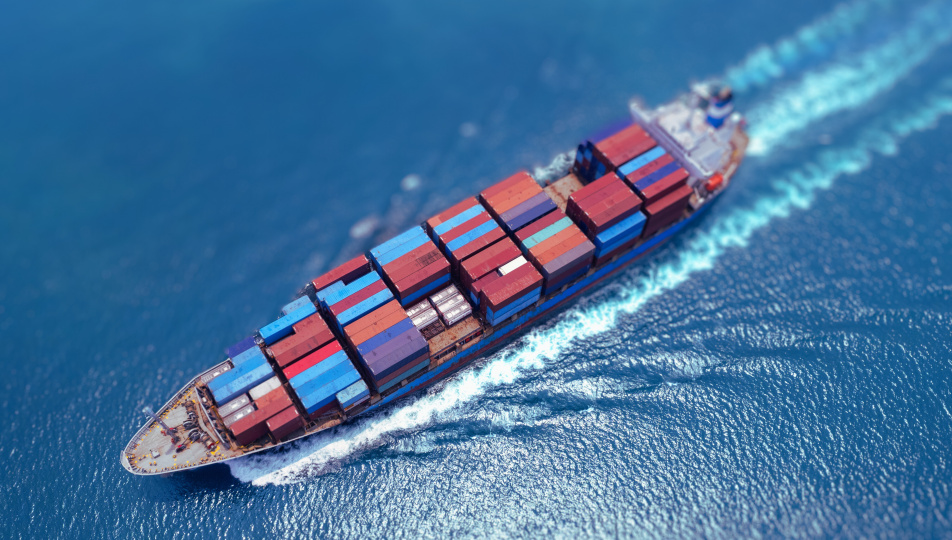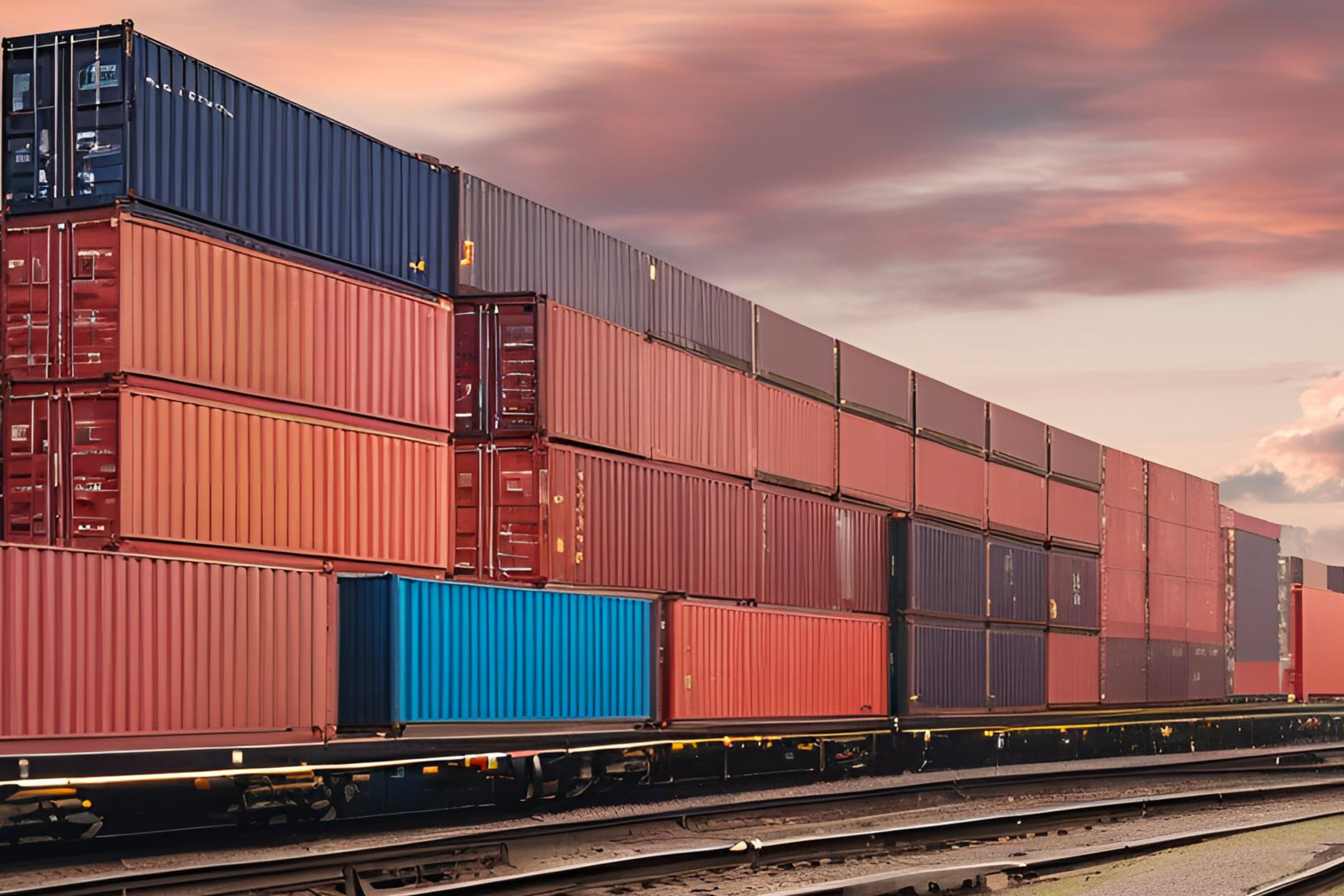Newsletter 02/2025: Actual situation in international transport

Speed and time are key variables and aspects in logistics. So it is no wonder that one of the topics that most aroused curiosity among you was express service from Ningbo. And we are all watching Suez to see when it will finally open. These are the 2 main topics we have coming up in today's newsletter.
EXPRESS SERVICE FROM NINGBO
The maiden voyage has successfully reached the shores of Europe and the ship is on its way back. She will set sail again on 28.2.2025. Those who manage to book can expect their goods in the Czech Republic as early as the first week of April. Getting the bookings in is an important prerequisite. There is tremendous interest in the service, so we expect the place to get dusty quickly during this week. However, we will be happy to try to secure a spot for you.

OPENING OF SUEZ
With the cessation of fighting between Israel and Hamas, the media also ran reports of the cessation of Houtian actions in the Red Sea, specifically the shelling of passing ships. Logically, everyone expects the return of ships to the Suez route and a reduction in transit times. This is not as simple as it may seem at first sight.
The Houthis have promised not to attack ships that do not fly the Israeli flag or are not in any way owned by Israel. As we know from the past, they hijacked a ship that was financed through a leasing company with Israeli capital. Caution is therefore in order, and shipowners must distinguish which ships can pass and which still cannot. The second factor is the threat of overcrowding, or congestion, in European ports if shipowners let ships in indiscriminately and they meet ships sailing around Africa in ports.
And last but not least, it would free up additional capacity that now exceeds demand and that would lead to further price falls. Of course, the shipowners are also watching the success of the fast services and instead of simply diverting all services back via Suez, they may take their calculators in hand and try some hybrid model.
So, rather than a quick and clear statement, we are in for a wait and see approach, with incremental baby steps towards a new shape that may not look like the one we knew before the crisis.
After all, we are also waiting to see how the tariffs introduced and planned by Donald Trump will affect the global flow of goods.
TRAIN TRANSPORTATION FROM ASIA Southbound
It was windy on the Southern Route, specifically on the Caspian Sea. As a result, all goods were delayed for several weeks. Unfortunately, in the winter season on this route, these effects and delays have to be taken into account. They may or may not occur, but it all depends on Mother Nature. We will be happy to compare the solution with the maritime option so that you can make the right decision.

TRADE AGREEMENT EU - CHILE
The EU-Chile Interim Trade Agreement replaces the existing EU-Chile Association Agreement on 1 February 2025 and will introduce several key changes for traders. Among the most significant new features is the move to self-certification of preferential origin, which promises greater flexibility. From 1 February 2025, traders will be able to use self-certification based on a declaration of origin even for multiple consignments of the same products. This will replace the current system of EUR.1 and invoice declarations.
In addition, the following changes will also apply from 1.2.2025:
Claims of preferential origin for products in transit, temporary storage, warehousing or in a free zone on 1 February 2025 should be based on a declaration of origin.
Approved exporter numbers are replaced by REX numbers. Consignments with a value of more than EUR 6 000 claiming preferential origin should include the REX number.
You can find out more about the REX number (Registered Exporter System) e.g. here
Among the most enjoyable benefits of this agreement is the exemption from customs duties on 99.9% of exported goods and the increased competitiveness of our exports in this market.







